Europe
Some of Europe’s most famous leaders govern in the early modern period. Napoleon, Peter the Great, and Charles XII change and challenge Europe. Religion and religious ideas are transformed as new ideas move across Europe developing science, economics and culture, all of which are covered in this section. Read more
Sort by:
Date (Newest first) | Title A-Z
Show:
All |
Articles |
Podcasts |
Multipage Articles
-

The role of Devon's militia during the Spanish Armada crisis
ArticleClick to view -
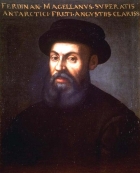
The Great Powers in the Pacific
ArticleClick to view -
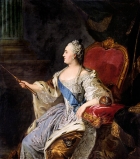
Enlightened Despotism
ArticleClick to view -

The Armada Campaign of 1588
ArticleClick to view -
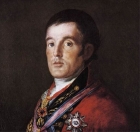
The Undergrowth of History
ArticleClick to view -
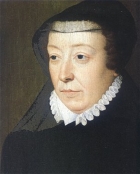
Catherine de Medici & the Ancien Regime
ArticleClick to view -
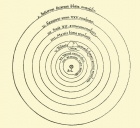
Copernicus and the Reformation of Astronomy
ArticleClick to view -
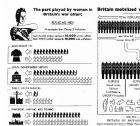
Diagrams in History
ArticleClick to view -
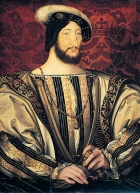
Francis I and Absolute Monarchy
ArticleClick to view -
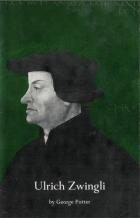
Ulrich Zwingli
ArticleClick to view -
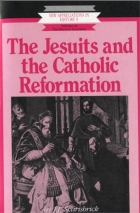
The Jesuits and the Catholic Reformation
ArticleClick to view -

Lord Rochester's Grand Tour 1661 - 1664
ArticleClick to view -
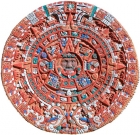
Culture Shock: The Arrival of the Conquistadores in Aztec Mexico
ArticleClick to view -

A Commercial Revolution
ArticleClick to view -
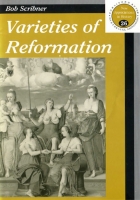
Varieties of Reformation
ArticleClick to view -
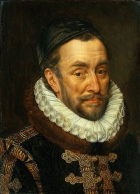
William the Silent and the Revolt of the Netherlands
ArticleClick to view -
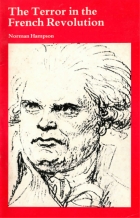
The Terror in the French Revolution
ArticleClick to view -
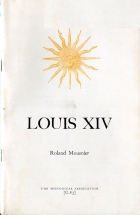
Louis XIV
ArticleClick to view -
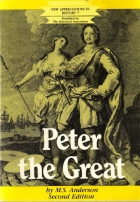
Peter the Great
ArticleClick to view -
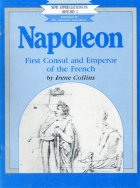
Napoleon: First Consul and Emperor of the French
ArticleClick to view

